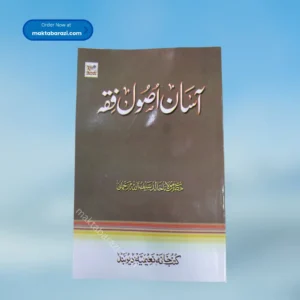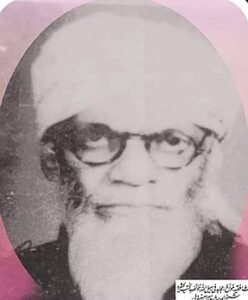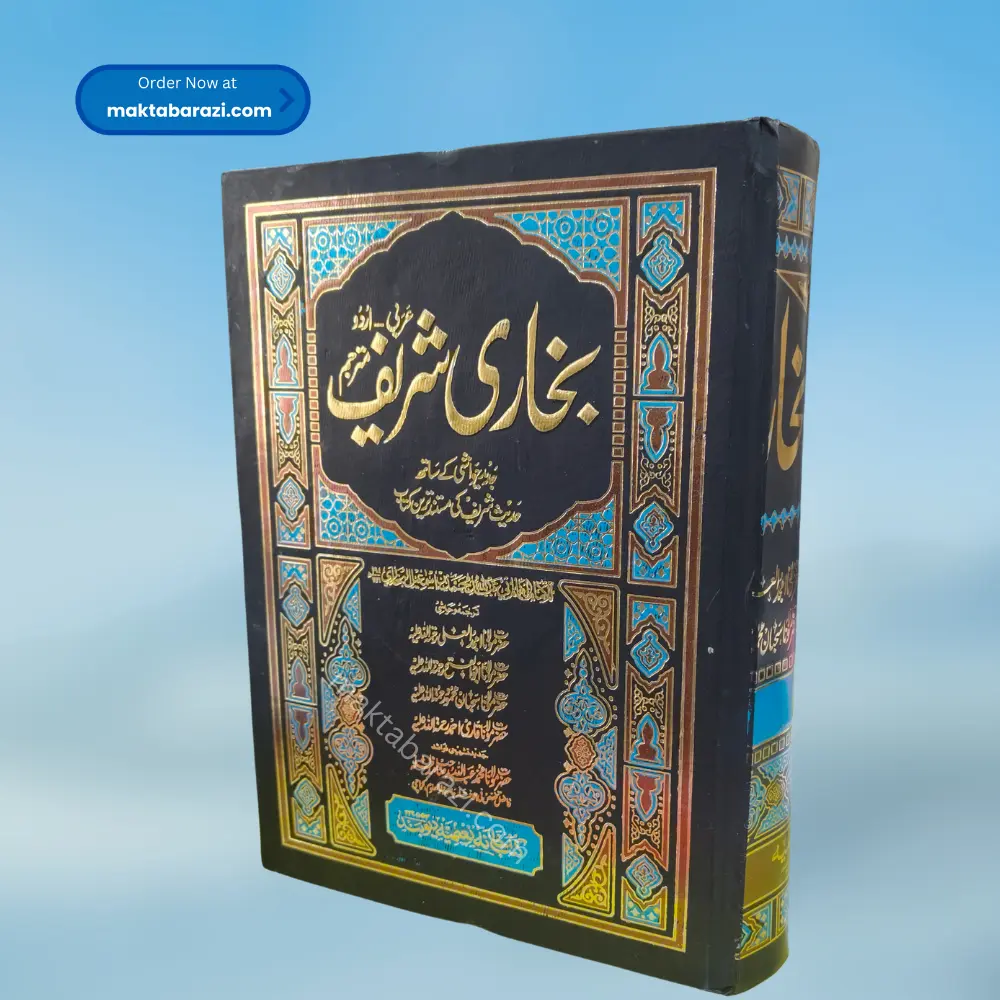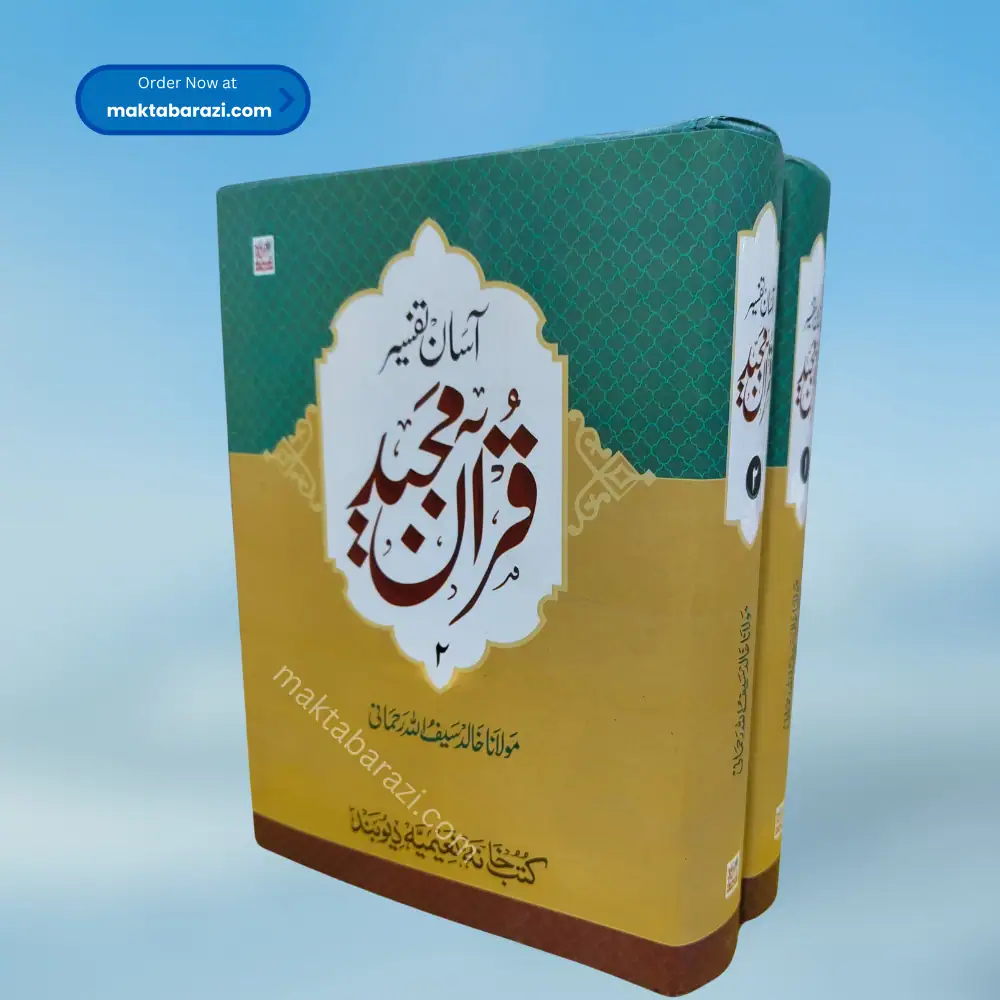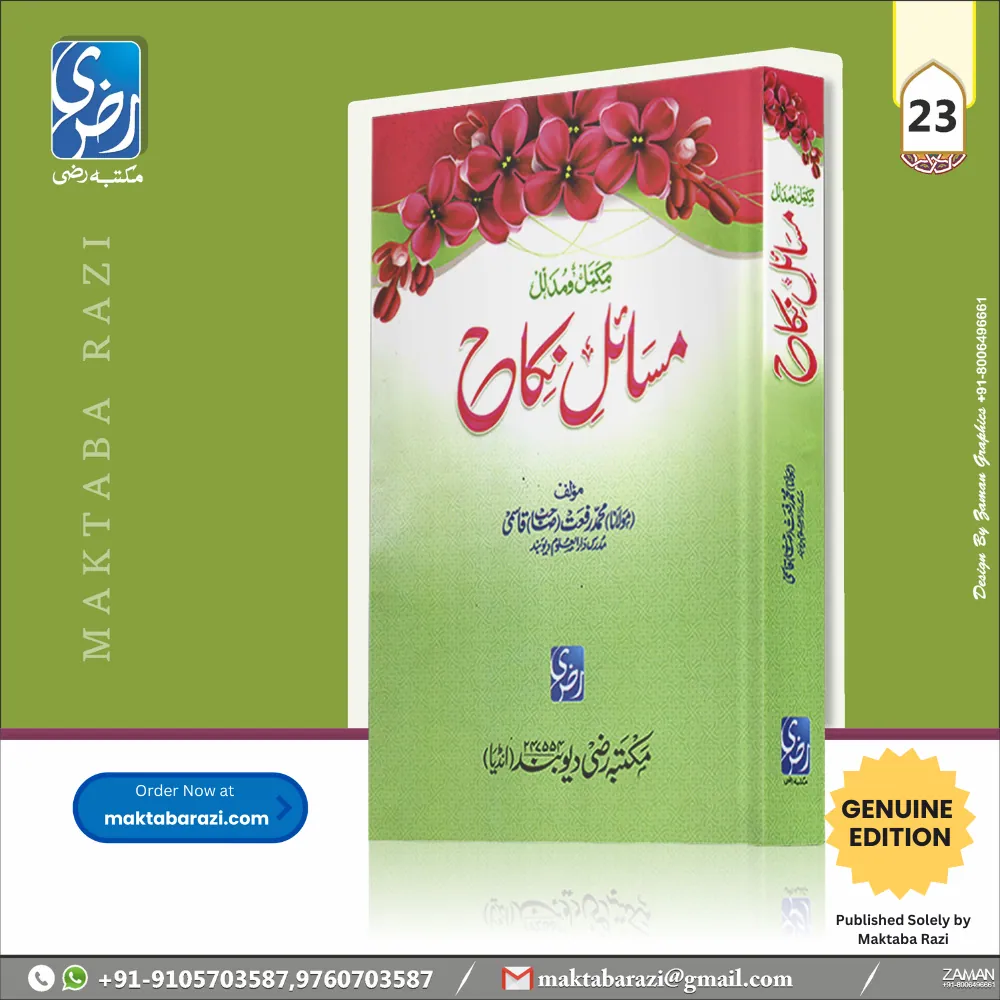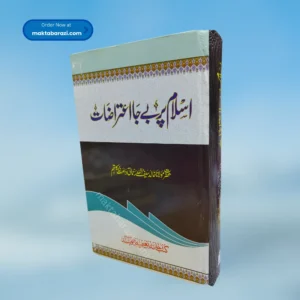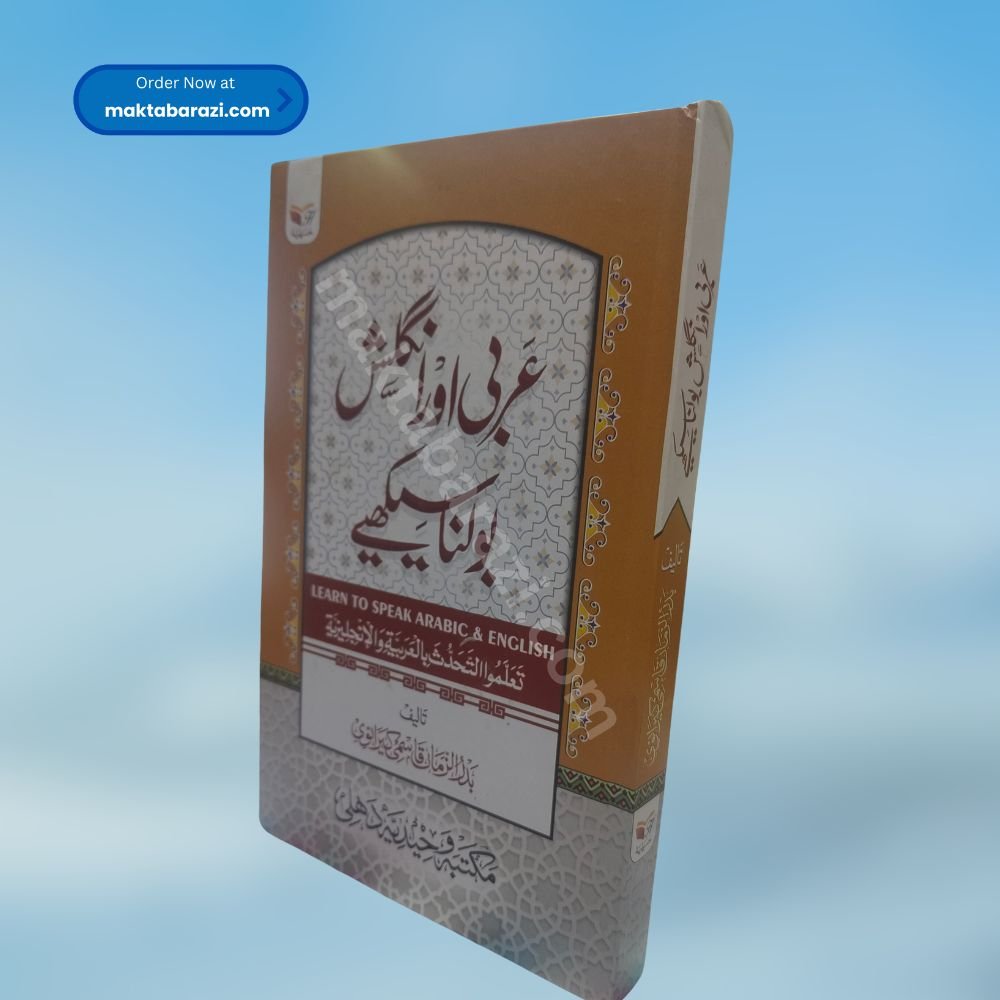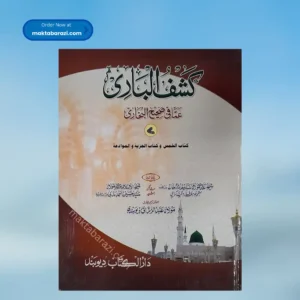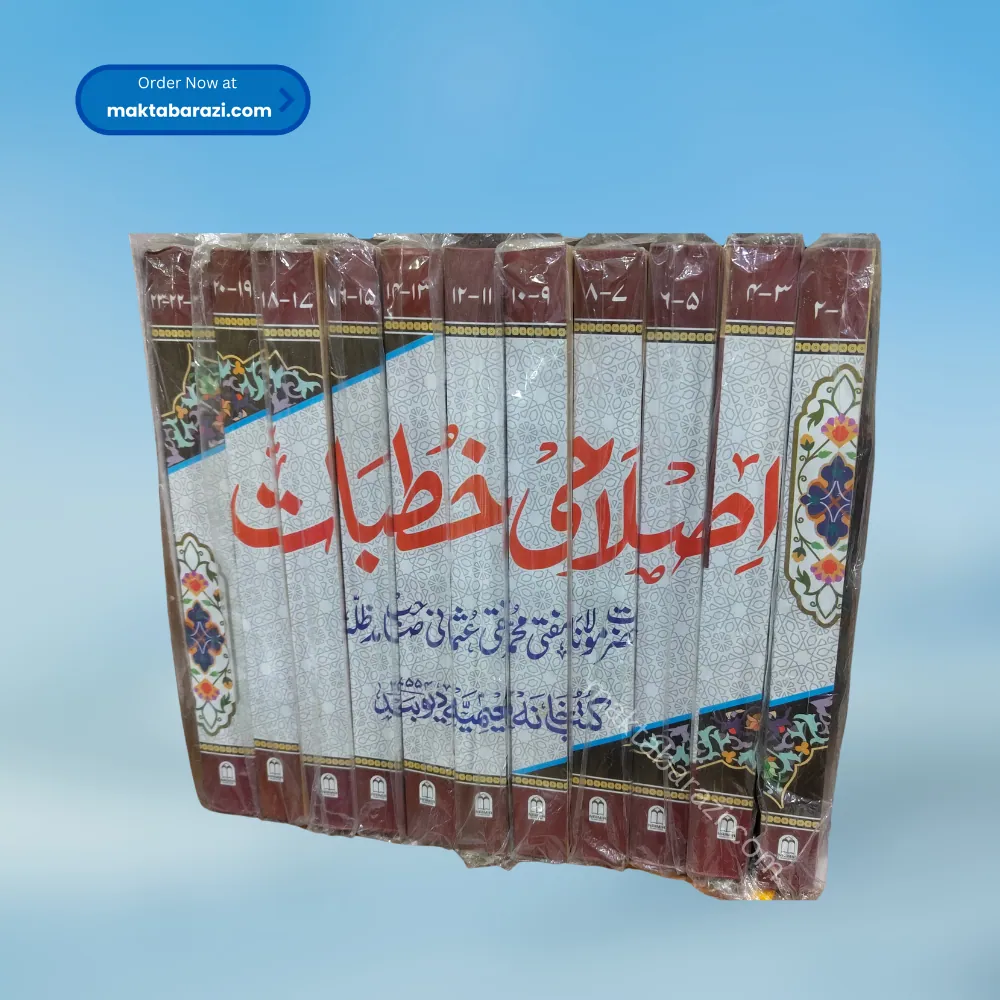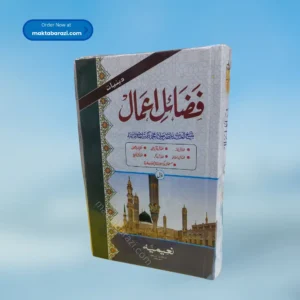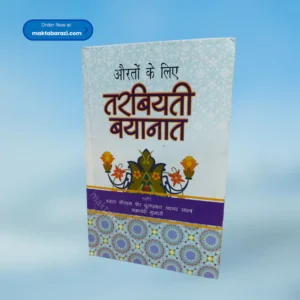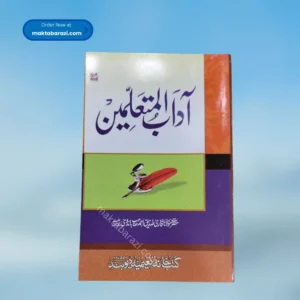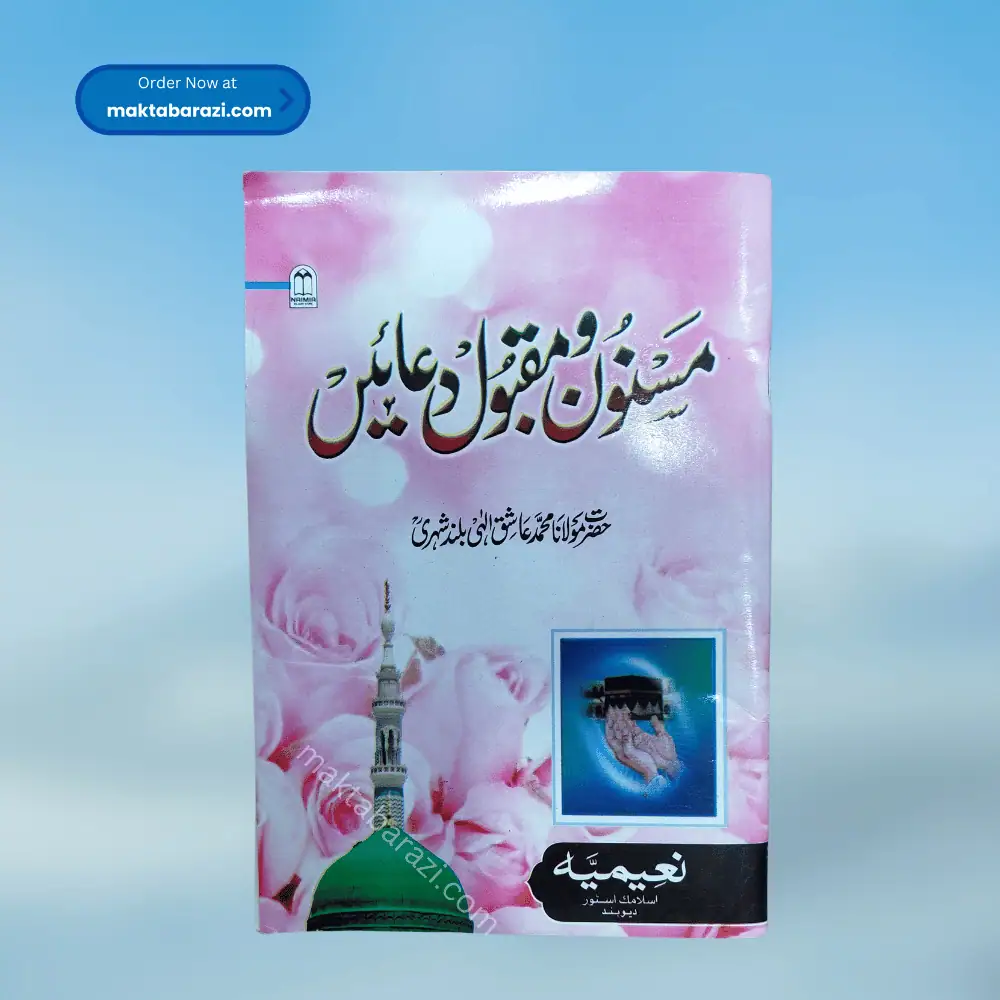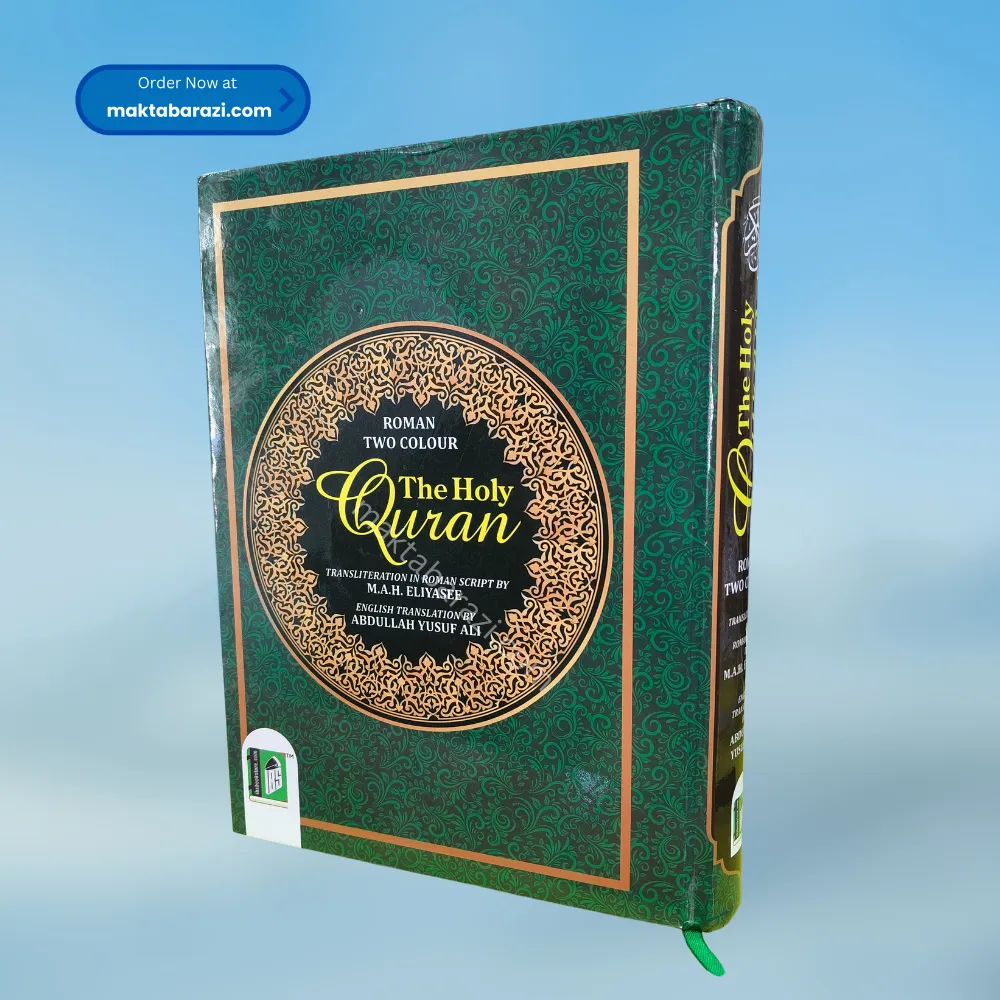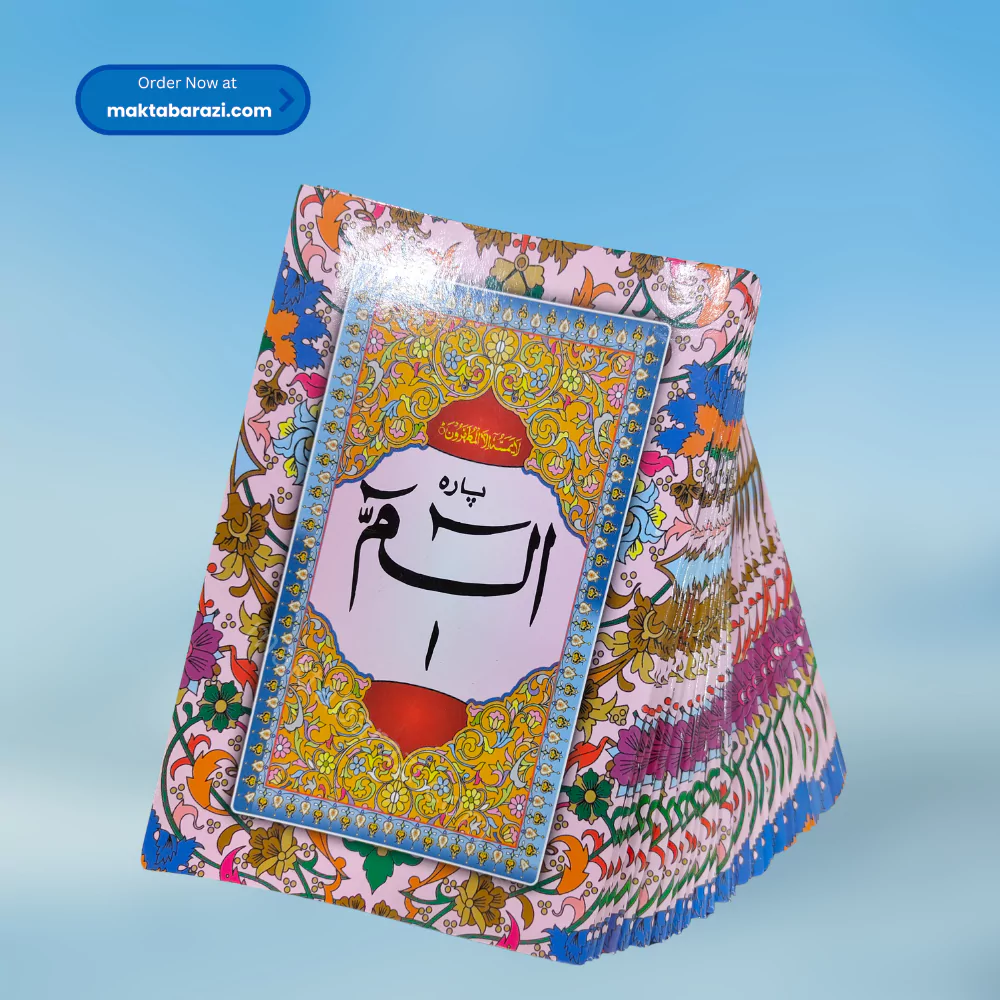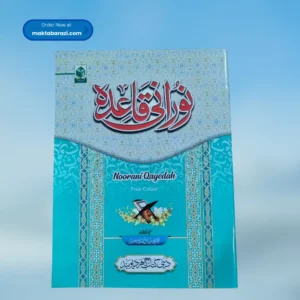
The Importance of Dhikr and How to Incorporate It in a Busy Life
In today’s fast-paced, hyper-connected world, where our attention is constantly being pulled in every direction — emails, deadlines, social media notifications, endless meetings — the inner self is often left neglected. Our spiritual well-being, which is essential for true peace and balance, is easily overshadowed by the pressures of modern life. Stress, anxiety, and restlessness have become everyday companions for many, leaving the heart empty and disconnected from its true purpose.
Yet, in the midst of this chaos, Islam provides a timeless and deeply spiritual remedy: Dhikr — the remembrance of Allah (ذِكر الله). It is one of the simplest, most profound acts of worship that requires no physical effort, no fixed time or place, and no specific condition — just a sincere heart and a mindful tongue. Whether you are at home, at work, commuting, or cooking — Dhikr can bring light into your day and tranquility into your soul.
Allah ﷻ has made Dhikr not only a means of drawing closer to Him but also a source of inner peace, emotional healing, and spiritual strength. It is the act that keeps the heart alive, reconnects us with our Creator, and gives meaning to our daily routines.
In this article, we will delve into the importance of Dhikr, explore its numerous benefits, and most importantly, learn how to practically incorporate it into a busy lifestyle. Even if your schedule is packed from morning to night, you’ll discover how a few moments of mindful remembrance can transform your spiritual life and deepen your connection with Allah.
Table of Contents
What is Dhikr?
Dhikr (ذِكر) literally means remembrance or mention. In Islamic terminology, it refers to the remembrance of Allah — whether through the tongue, the heart, or both. It is one of the most beloved acts of worship in Islam and one of the easiest ways to stay connected to our Creator throughout the day.
Dhikr can be:
- Spoken aloud with focus and feeling
- Whispered softly under the breath
- Silently repeated in the heart while performing daily tasks
What makes Dhikr truly powerful is its simplicity and flexibility — it requires no specific time, place, or physical condition. Whether you are walking, working, driving, cooking, or even lying in bed, your heart and tongue can engage in Dhikr and earn the pleasure of Allah ﷻ.
Here are some of the most common and virtuous phrases of Dhikr, each carrying deep meaning and immense reward:
🌸 SubḥānAllāh (سُبْحَانَ ٱللّٰهِ)
Translation: Glory be to Allah
This phrase declares Allah’s perfection and purity, free from any imperfection or flaw. It reflects awe and reverence for His greatness.
🌸 Alḥamdu lillāh (ٱلْـحَـمْـدُ لِلّٰهِ)
Translation: All praise is due to Allah
Used to express gratitude and appreciation for all of Allah’s blessings, whether we recognize them or not.
🌸 Allāhu Akbar (ٱللّٰهُ أَكْبَرُ)
Translation: Allah is the Greatest
A powerful reminder that nothing is greater, more important, or more powerful than Allah ﷻ.
🌸 Lā ilāha illa Allāh (لَا إِلَٰهَ إِلَّا ٱللّٰهُ)
Translation: There is no god but Allah
The essence of Tawḥīd (Islamic monotheism). This statement affirms that Allah alone deserves worship.
🌸 Astaghfirullāh (أَسْتَغْفِرُ ٱللّٰهَ)
Translation: I seek forgiveness from Allah
A humble expression of repentance, used to ask Allah to forgive sins and shortcomings.
Each of these phrases, though simple, carries immense spiritual weight. When repeated with sincerity, they bring peace to the heart, erase sins, and elevate a believer in rank.
“Keep your tongue moist with the remembrance of Allah.”
(Tirmidhi)

The Importance of Dhikr in the Qur’an and Hadith
In Islam, Dhikr (ذِكر), or the remembrance of Allah ﷻ, is not just a recommended act — it is the very essence of worship. Through it, the soul finds peace, the heart becomes purified, and the believer draws nearer to the Divine. From the Qur’an to the words of the Prophet ﷺ, and the reflections of righteous scholars, Dhikr is elevated as one of the highest spiritual pursuits.
Dhikr in the Noble Qur’an
Allah ﷻ emphasizes Dhikr across the Qur’an, calling believers to remember Him frequently and with deep presence.
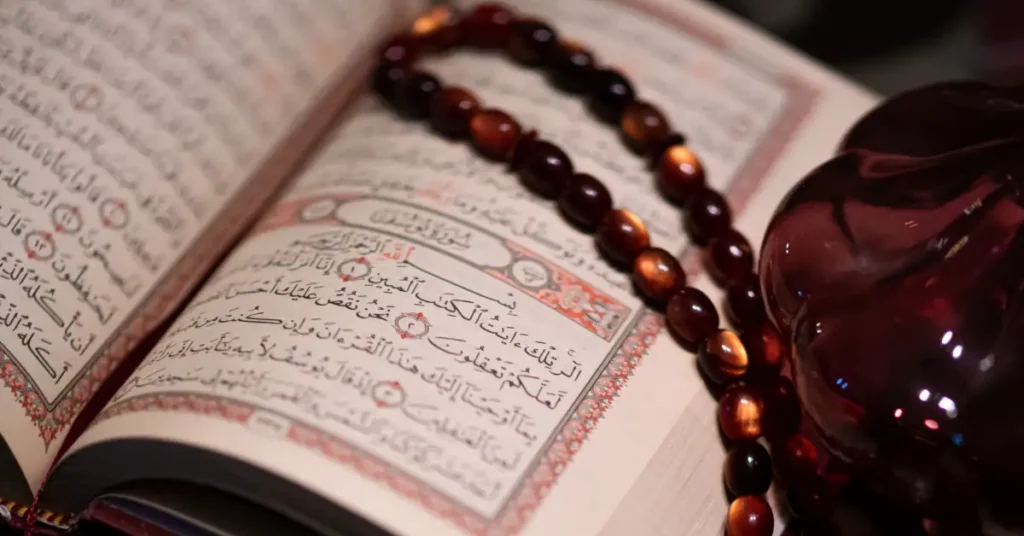
- “And remember your Lord much…”
Surah Al-Ahzab (33:41)
وَٱذْكُرُوا۟ ٱللَّهَ ذِكْرًۭا كَثِيرًۭا
A divine command to make Dhikr a consistent habit — not occasionally, but abundantly. - “Verily, in the remembrance of Allah do hearts find rest.”
Surah Ar-Ra’d (13:28)
أَلَا بِذِكْرِ ٱللَّهِ تَطْمَئِنُّ ٱلْقُلُوبُ
True peace is not found in wealth, fame, or worldly success — but in remembering Allah. - “And the remembrance of Allah is greater…”
Surah Al-‘Ankabūt (29:45)
وَلَذِكْرُ ٱللَّهِ أَكْبَرُ
Greater than all other acts — Dhikr stands as the most spiritually powerful worship. - “And remember Allah abundantly so that you may succeed.”
Surah Al-Jumu’ah (62:10)
وَٱذْكُرُوا۟ ٱللَّهَ كَثِيرًۭا لَّعَلَّكُمْ تُفْلِحُونَ
Success in this world and the next is tied to how frequently we remember Allah. - “O you who believe! Let not your wealth or your children distract you from the remembrance of Allah…”
Surah Al-Munāfiqūn (63:9)
Neglecting Dhikr makes one among the “losers” — a dire warning from Allah Himself. - “Remember Me, and I will remember you…”
Surah Al-Baqarah (2:152)
فَٱذْكُرُونِىٓ أَذْكُرْكُمْ
Imagine — the Lord of the Worlds personally remembering you when you mention Him!
Dhikr in the Sunnah of the Prophet ﷺ

The Prophet Muhammad ﷺ gave Dhikr a position of unparalleled value:
- “The example of the one who remembers Allah and the one who does not is like the living and the dead.”
— Sahih Bukhari
A life without Dhikr is a spiritual death. - “Shall I not inform you of the best of your deeds, the purest of them with your Master, the highest of them in ranks… It is the remembrance of Allah.”
— Tirmidhi
Better than charity or even battle — Dhikr is the highest of all good deeds. - “Those who remember Allah have taken all the good.”
— Ahmad
Abu Bakr (RA) said this, and the Prophet ﷺ confirmed it. - “The Mufarridūn have outdone everyone.”
The Companions asked: “Who are they?”
He ﷺ said: “Those who remember Allah abundantly, men and women.”
— Muslim
The true winners are not necessarily the wealthy or famous — but those constantly remembering Allah.
More Prophetic Teachings on Dhikr
- Dhikr saves you from regret
“No people leave a gathering without remembering Allah, except it will be a regret for them.”
— Abu Dawud - Dhikr is protection from Shayṭān
“Verily, the parable of Dhikr is like a man chased by enemies until he enters a fortress. Dhikr is that fortress.”
— Tirmidhi - Dhikr protects from punishment
“There is nothing better a person can do to save himself from Allah’s punishment than to remember Him.”
— Bayhaqi - Dhikr is the key to answered duʿā’
“There are three whose supplications are not rejected: the one who remembers Allah frequently, the oppressed, and the just ruler.”
— Ṭabarānī
Reflections from the Scholars

- Ibn al-Qayyim (رحمه الله):
“If there were no other virtue of Dhikr except that Allah remembers you when you remember Him, it would be enough.”
“Dhikr is like a whip that weakens Shayṭān. The stronger your Dhikr, the weaker your Shayṭān becomes.”
- Ḥasan al-Baṣrī (رحمه الله):
“Every deed ends, but Dhikr continues beyond this life — it is eternal.”
- Dhū al-Nūn (رحمه الله):
“Whoever’s heart and tongue are filled with Dhikr, Allah will fill his heart with the light of longing for Him.”
Benefits of Dhikr

Incorporating Dhikr into your life brings immense benefits — both spiritually and emotionally. Here are just a few:
1. Inner Peace and Calm
In times of anxiety, grief, or stress, remembering Allah soothes the heart and centers the soul. It acts as a spiritual anchor.
2. Protection from Shayṭān
The remembrance of Allah is a powerful defense against the whispers of Shayṭān, helping you stay grounded and conscious of your actions.
3. Forgiveness and Rewards
Certain forms of Dhikr carry immense reward.
“Whoever says: SubḥānAllāh wa biḥamdi-hi (Glory is to Allah and praise is to Him) 100 times a day will have his sins forgiven even if they were like the foam of the sea.”
— Sahih Bukhari
4. Spiritual Growth
Consistent Dhikr strengthens taqwa (God-consciousness), sharpens focus in prayer, and deepens your connection with Allah.
5. Elevated Rank in the Hereafter
The more you remember Allah in this life, the more honor and closeness you’ll attain in the Hereafter. Every utterance is a step toward Jannah.
How to Incorporate Dhikr in a Busy Life

Here are 6 practical and easy ways to bring Dhikr into your daily life, even when you’re short on time:
1. Morning & Evening Adhkar
Start and end your day with light on your heart.
The Prophet ﷺ consistently recited specific supplications in the morning and evening. These adhkar are like spiritual shields that protect you from harm, bring peace to the heart, and increase barakah (blessings) in your day.
How to start:
- After Fajr: Take 5–10 minutes for morning adhkar.
- After Maghrib or before sunset: Recite evening adhkar.
You can use a book like Hisnul Muslim (Fortress of the Muslim) or mobile apps that guide you through daily supplications.
2. Use Idle Moments Wisely
Turn waiting time into worship time.
Life offers many in-between moments: waiting in line, being stuck in traffic, or standing by while your computer boots up. Instead of scrolling aimlessly on your phone, fill those seconds with remembrance.
Try repeating silently:
- SubḥānAllāh (Glory be to Allah)
- Alḥamdu lillāh (All praise is due to Allah)
- Lā ilāha illa Allāh (There is no god but Allah)
- Allāhu Akbar (Allah is the Greatest)
- Astaghfirullāh (I seek forgiveness from Allah)
This practice not only purifies your heart but also keeps your mind focused and calm throughout the day.
3. Chores + Dhikr
Let your hands work, and let your heart worship.
Whether you’re washing dishes, folding laundry, cooking, or sweeping, these routine activities don’t demand mental focus—making them a perfect time to remember Allah.
You can also listen to Qur’an recitation or a Dhikr playlist while doing chores, allowing your ears and tongue to stay engaged in acts of worship.
The Prophet ﷺ said:
“The comparison of the one who remembers Allah and the one who does not is like the living and the dead.” (Bukhari)
4. Dhikr After Salah
Don’t rush away after prayer—take two more minutes for immense reward.
The Prophet ﷺ highly recommended a set of simple phrases after every fardh (obligatory) prayer.
Post-salah tasbih:
- 33× SubḥānAllāh
- 33× Alḥamdu lillāh
- 34× Allāhu Akbar
These 100 words take less than 2 minutes and bring immense blessings. Make it a habit before you get up from the prayer mat. It’s a beautiful way to end your connection with Allah after Salah.
5. Set Phone Reminders
Use technology to support your spirituality.
In a world dominated by smartphones, why not let your device help you remember Allah? Set a few gentle reminders throughout the day that simply say:
“Take a minute for Dhikr”
“Say SubḥānAllāh 33 times”
“Istighfar time – cleanse your heart”
It might seem small, but these nudges can help you realign your focus and calm your mind during a stressful day.
Tip: Use the “Focus Mode” or “Do Not Disturb” function creatively. For example, after every hour of work, take 30 seconds to make Dhikr before resuming your tasks.
6. Dhikr Before Sleeping
End your day in a state of remembrance and peace.
Before going to bed, spend a few minutes in reflection and remembrance. This not only helps you wind down but also ensures that your last moments of the day are spent connecting with your Creator.
Before you sleep, say:
- 33× SubḥānAllāh
- 33× Alḥamdu lillāh
- 34× Allāhu Akbar
- Ask for forgiveness (Istighfar)
- Send salawat upon the Prophet ﷺ (Allahumma salli ‘ala Muhammad…)
The Prophet ﷺ said to his beloved daughter Fatimah (RA) that this Dhikr is better than a servant to help with daily exhaustion. (Bukhari)
Silent or Verbal Dhikr – Which is Better?

Both silent and verbal forms of Dhikr are highly virtuous and permissible in Islam. Each has its own beauty and benefit, depending on the situation and sincerity of the heart.
- Verbal Dhikr: Saying the phrases of remembrance aloud — whether softly or in a clear voice — can uplift your spirit and inspire those around you. It’s especially beneficial when you are alone or with loved ones who also engage in remembrance. In the quiet of your home, while driving, or walking through a peaceful path, speaking words like “SubḥānAllāh” or “Lā ilāha illa Allāh” can bring a sense of calm and presence.
- Silent Dhikr: This is when the heart whispers what the tongue doesn’t say. It’s perfect for public places, during work meetings, or in situations where speaking out loud might be inappropriate or distracting. Silently remembering Allah keeps the connection alive, and Allah knows what resides in the hearts. Sometimes, silent Dhikr is even more profound because it reflects deep internal focus and humility.
The most important aspect is khushūʿ (presence of heart) — being truly mindful of what you’re saying, whether out loud or within. Dhikr is not just repetition; it’s spiritual connection, and the sincerity behind it matters more than the volume.
Best Times for Dhikr – Moments of Maximum Reward

While Dhikr is a timeless act that can be performed anywhere and anytime, there are specific moments in the day and night when it carries even greater virtue and reward. These special times are beloved in the eyes of Allah and were regularly utilized by the Prophet Muhammad ﷺ for remembrance:
After Fajr and Before Sunrise
This serene early morning period is filled with blessings (barakah). The Prophet ﷺ would remain seated after Fajr prayer engaging in Dhikr until sunrise. It’s a time when the angels descend, and hearts are clear — perfect for reflection and closeness to Allah.
After ‘Asr and Before Maghrib
The end of the day is another golden opportunity to remember Allah. This time bridges the worldly fatigue of the day with the spiritual peace of the evening. Dhikr during this window can soothe the soul and serve as a reminder before the Maghrib prayer.
Before Sleep
Making Dhikr before bed is a sunnah practice that protects you through the night. It brings peace to the heart, forgiveness from sins, and helps one sleep with a clean conscience. Repeating Tasbih (SubḥānAllāh, Alḥamdu lillāh, Allāhu Akbar) and seeking forgiveness ensures that your last words before sleep are those of devotion.
During the Last Third of the Night
This is the most spiritually potent part of the night — the time of Tahajjud and divine closeness. Allah descends to the lowest heaven and asks:
“Is there anyone seeking forgiveness so I may forgive him? Is there anyone asking so I may grant?” (Hadith – Sahih Bukhari)
Dhikr at this time is deeply impactful and can transform your spiritual state.
While Walking to or from Salah
Every step taken toward the masjid or a prayer spot is rewarded. Filling this walking time with remembrance multiplies the reward even further. Whispering praises of Allah or silently reflecting upon Him during this walk prepares your heart for prayer and strengthens your connection.
Also Read: 17 Eye-Opening Scientific Miracles in the Quran Backed by Modern Science.
Conclusion
Dhikr is one of the easiest acts of worship — yet its impact on the heart and soul is powerful. In just a few moments, you can reconnect with Allah, gain spiritual rewards, and find peace amidst a busy life.
Start small. Say SubḥānAllāh while walking. Say Alḥamdu lillāh while working. Let your tongue and heart stay alive with the remembrance of Allah.





